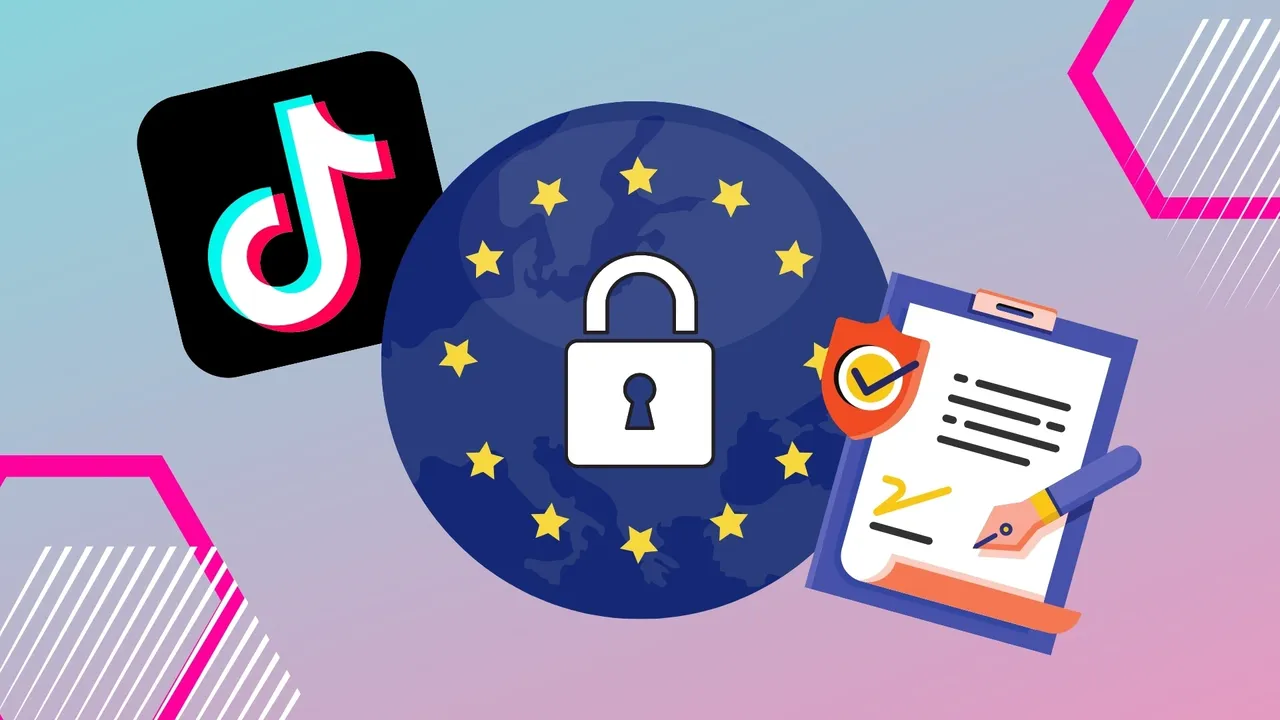TikTok has agreed to change its policies around branded content to ensure greater transparency, in line with EU rules. This alignment will also see it implement new regulations around the promotion of alcohol, cigarettes, and ‘get rich quick’ schemes within the app.
TikTok Up in The EU
The updates come as a result of an investigation into alleged breaches of EU consumer rules, with TikTok found to be failing in its duty to protect children from any hidden dangers in advertising and inappropriate content.
As the European Commission explains:
“Following dialogues with the Commission and the network of national consumer protection (CPC) authorities, TikTok has committed to align its practices with the EU rules on advertising and consumer protection, namely, the Unfair commercial practices Directive, the Consumer rights Directive, and the Unfair contract terms Directive.”
As noted, the changes will include improved ad identification, ensuring transparency, along with better explanations behind the process of buying and using virtual currency in the app. TikTok will also implement a new process that will enable users to more easily report rule-breaking ads as they see them.
Overall, it’s a good outcome, after a year of negotiations between groups, which will see TikTok avoid penalties, while simultaneously improving the TikTok experience for many EU users. However, not all representatives are happy with the outcome. Deputy Head of the Consumer Voice Ursula Pachl says that the updated regulations don’t offer the same levels of protection for all users, with the focus being specifically on youngsters. On that note, TikTok also hasn’t committed to stop targeting kids with personalized ads.
This marks the latest in a series of challenges for the app, which comes with rapid scale. Even so, all this fuss has seemingly done little to slow TikTok’s growth. TikTok has also come under scrutiny for some of its moderation processes, as well as the supposed exposure of youngsters in the app. More recently, a US investigation found that TikTok had been sharing US user info with its Chinese parent company, which could expose US users to Chinese spying.
While there’s no hard evidence to affirm or prove whether or not TikTok did anything wrong, one evident claim is the platform’s apparent sexualization of youngsters. Case in point, in 2020, a leaked document showed TikTok moderators had been instructed to suppress content that featured people who were ‘too ugly, poor, or disabled for the platform’. The idea behind this was that content like this would turn off some users from the app, reducing its overall appeal. Despite not still being able to fully prove this, various reports have shown that TikTok relies on pretty young women to enhance its appeal.
The Wrap
Again, this is but one of what’s sure to be several other concerning aspects of the broader TikTok trend. While these new updates should reduce ad exposure in the app, there are still numerous ways that TikTok’s systems can expose users to inappropriate content. Perhaps with every great social media app that rises to fame, an even greater shadow looms ever beside it, hiding all sorts of nastiness. It’ll be interesting to see how TikTok progresses from here.
Subscribe to our ‘Bottoms Up!’ Newsletter. Get the latest social media blogs about news, updates, trends, and effective social media strategies to take your business to the highest level from Tristan Ahumada and Jeff Pfitzer.
Sources

